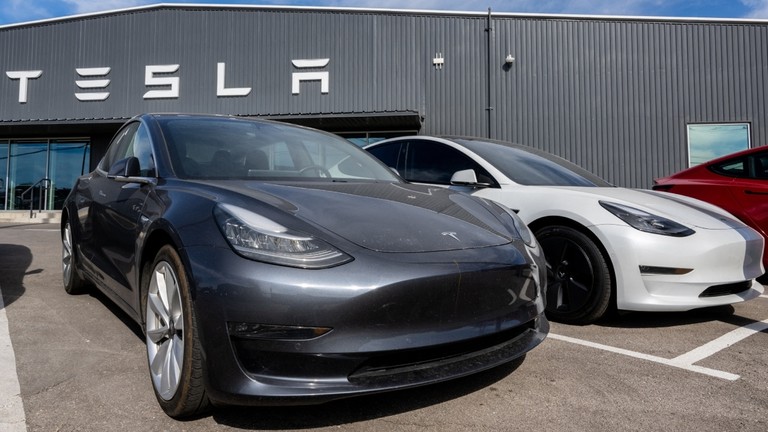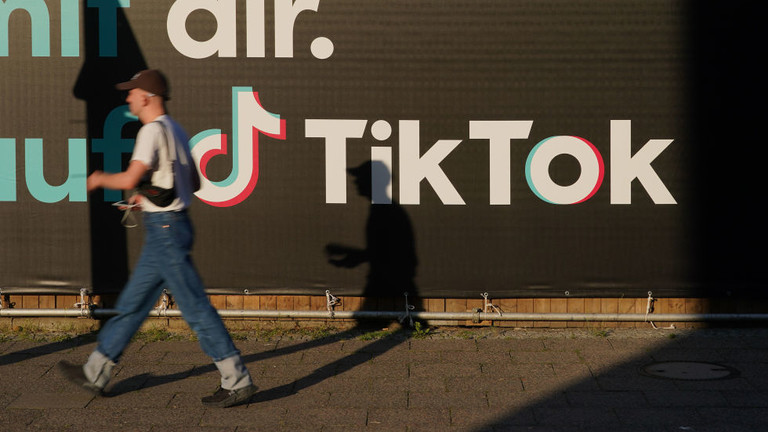TECHNOLOGY
Erdogan’s press office ditches WhatsApp as Ankara urges Turks to use domestic apps in fight against ‘digital fascism’

TECHNOLOGY
How much YouTube pays for 1 million views, according to creators
TECHNOLOGY
Tesla employees shared sensitive images recorded by cars – Reuters
TECHNOLOGY
Nordic nation’s military bans use of TikTok – media
-

 NEWS2 months ago
NEWS2 months agoChina makes its move in Africa. Should the West be worried?
-

 NEWS2 months ago
NEWS2 months agoChina is raising its retirement age, now among the youngest in the world’s major economies
-

 NEWS2 months ago
NEWS2 months agoRussia warns NATO of ‘direct war’ over Ukraine
-

 INVESTMENTS2 months ago
INVESTMENTS2 months agoGold price soars to all-time high
-

 FINANCE2 months ago
FINANCE2 months agoThousands of EU automotive jobs at risk
-

 FINANCE2 months ago
FINANCE2 months agoGerman central bank issues warning on economy
-

 WAR2 months ago
WAR2 months agoIsraeli president comments on Lebanon pager attacks

































